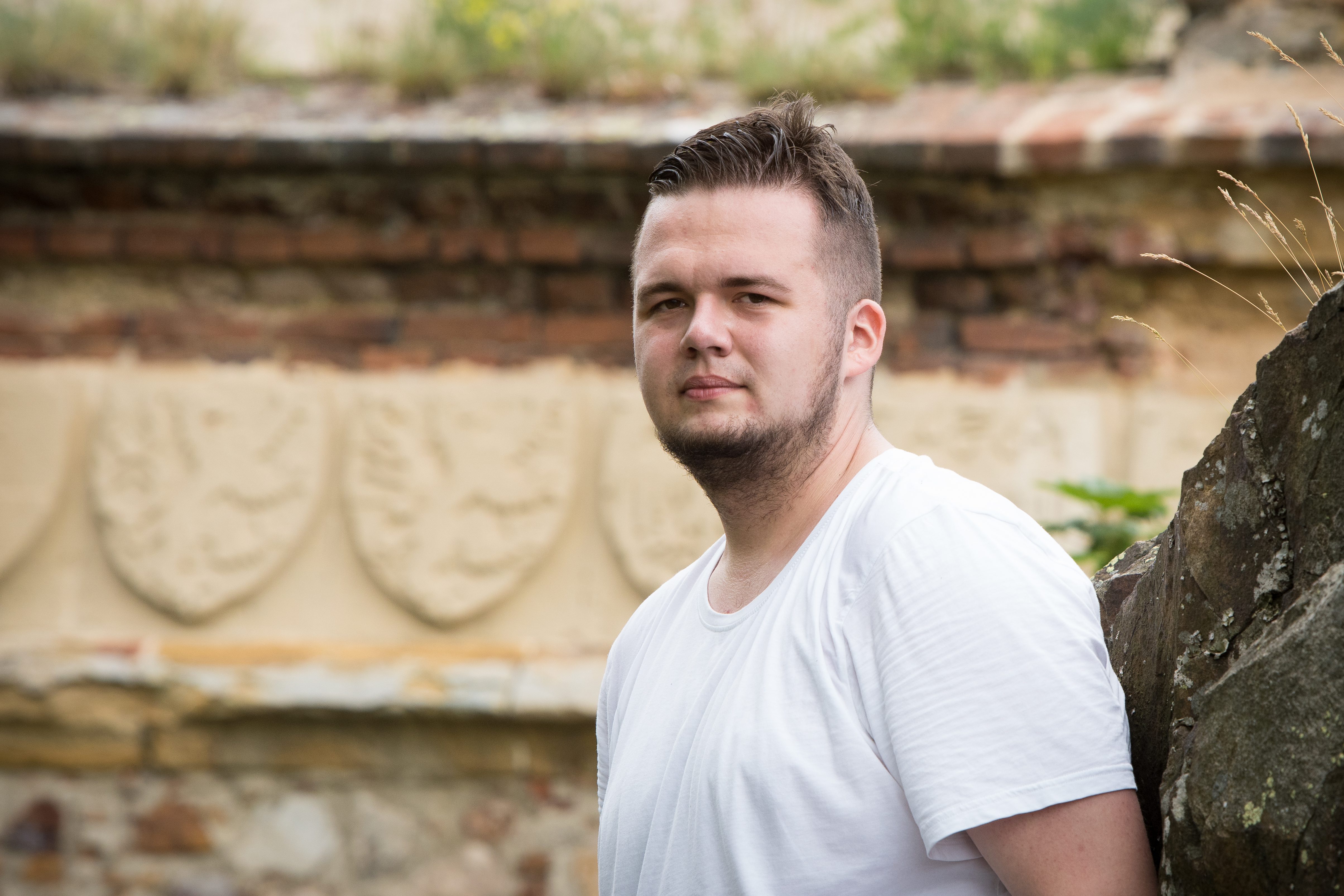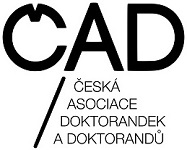Interview with doctoral researcher Alex Mičáň
Next in our series of mini-interviews with fellow doctoral researchers is an interview with Alex Mičáň from the Department of Economic and Social Policy, Faculty of Economics at the Prague University of Economics and Business,

1. Why did you go for a doctorate, and what do you do?
My first thought about doctoral studies came during my first year at university, but I had yet to think about which direction to go. I have dealt with it more intensively for the last two years and decided to devote my future career to science, research, and higher education. Doctoral studies were the first official step to start this journey.
My dissertation is titled "Position of University Students in the Social System of the State - A Comparison of the Czech and Slovak Republics." The aim is a comparative analysis between the two states regarding their approach to university students as an unproductive population. From the point of view of the long-term intention, I want to focus on the rationally set economy of the non-productive population in the region of the Vyšehrad Four and thus set the chronological development of the individual from the pre-productive age with relevant incentives from the state through the period of work activity, during which a kind of "preparation" implicitly takes place for the post-productive, or retirement age. It will be a long road, but at the end of it, I see maybe achieving a docentship and a professorship.
2. What problems and challenges does doctoral study bring? What motivates you at work?
Like most of my colleagues, I assume that financing full-time doctoral students is the biggest problem. There is such a paradox here that, on the one hand, the academic community wants you to be fully committed to both research and teaching (which, in my opinion, is another problem with the functioning of doctoral students and then assistants in departments) and, on the other hand, the stipend paid corresponds to pocket money from parents rather than a full salary, which should ensure both necessary living expenses and the possibility of creating reserves or savings for the future. That is why I welcome the recent approval of the amendment to the Higher Education Act regarding doctoral studies, which will bring future doctoral students a better perspective on their studies.
In our realities, I also need help understanding the status of doctoral students or professional workers at universities. They are required for organized research, professional publications, and high-quality teaching or supervision of theses. It is necessary to distinguish the profession of a scientific researcher from an academic one. Their current performance by one person could be more sustainable in the long term. Look at how it works in countries with an Anglo-Saxon education system where these functions are separated. Thus, a person has better opportunities to build a career in research or teaching and, therefore, be a more helpful resource in the academic community.
Considering the above, my biggest challenge is combining full-time functioning at school with full-time work. It requires relatively strict time management and prioritization. However, a person sometimes needs to switch off and socialize. Therefore, reconciling work, school, and leisure activities can take a lot of work. Sometimes, I ask myself if it's all worth it. As I mentioned initially, I want to be fully involved in the academic or research field but with relevant experience outside the school environment. Considering the current development of society, a person must have the so-called interdisciplinary practice and be able to work comprehensively or in different contexts. So, the biggest motivation for me right now is gaining enough experience in the world of business and the public sector so that from some point in my life, I can sell these experiences to the next generation of students and take them into account in research processes.
3. Why did you join ČAD?
For me, being part of this association means the opportunity to participate in the national status of doctoral students and its further improvement, which is the most significant advantage. In the future, I would also like to be more involved in the given field in the Student Chamber of the Council of Higher Education Institutions (SK RVŠ).
